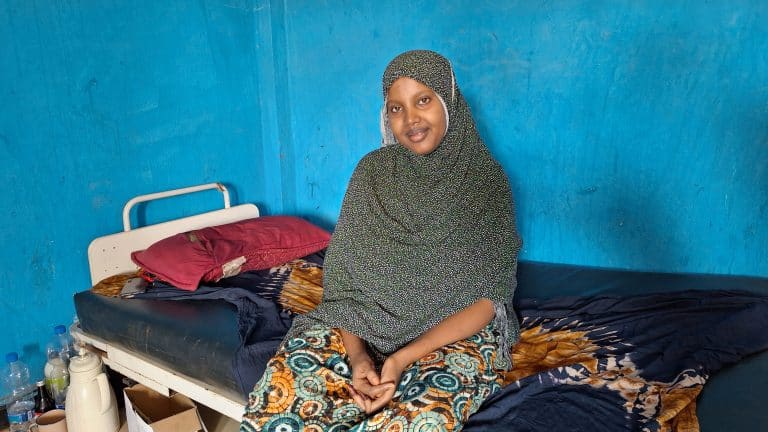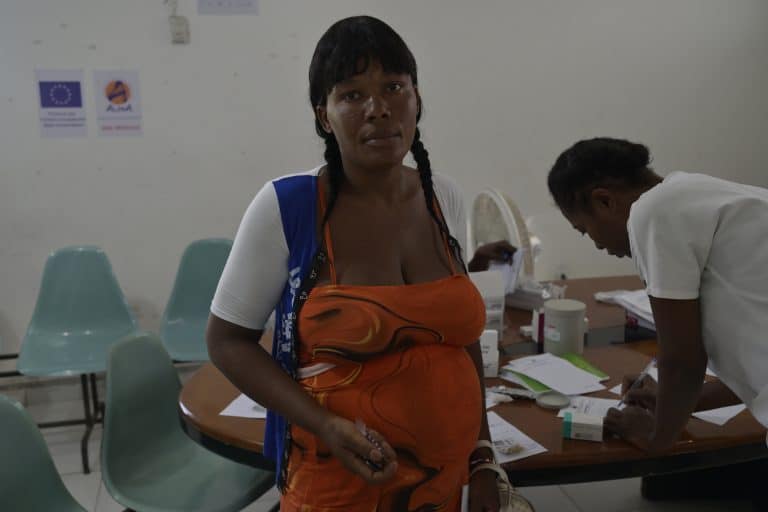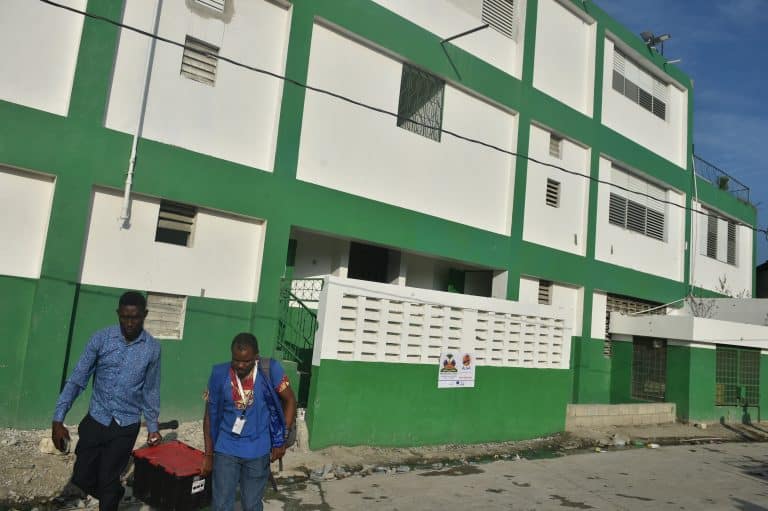It was last month, in September, and one day my wife called. She said: ‘You need to come home right now. I am very sick. I think I am dying.’ I did everything possible to come, but I was 120 km away in the forest and the voyage took two days. When I arrived she was in a very bad state. It hurt me to see her like that. I cared for her the best I could, but she died two days after I arrived. We didn’t yet know she had Ebola. My wife of 12 years, the mother of our 5 children, was gone.
Five days later, I started to feel sick as well. At the same time my younger brother, my mother and my aunt – we all got sick with the same symptoms. The next day some visitors came. They said they were from the Ebola response team. They said they believed we were sick with a virus called Ebola and that we should come to a treatment center where we could be saved. We were scared, but we agreed.
Soon, we had the results: we were all positive for Ebola. I don’t remember much, but I spent 14 days being cared for. The doctors and nurses kept talking to me, telling me I would survive. I was so sick, so weak, but then one day I started to feel better and finally they said I was cured. My family had also been saved. I was joyous, but knew my journey with Ebola wasn’t over yet. I had seen how scared some of the children in the treatment center were of the doctors in their suits. I wanted to help. I said: “I have no medical training, but I have 5 children of my own. I know how to care for them, especially during difficult moments. How can I stay and help?”
Since survivors are immune to Ebola, they said I could come each day to help take care of these sick children. So now, my role here is to hold and care for them. To reassure them when they are scared or when a doctor tests their blood; to feed them, to play with them, to dry their tears, even stay with them as they sleep, as they often cry when they are alone during the night. I guard them as if they were my own children. I do my best to make them smile.
They are missing their parents, but their parents are also missing them. So not only am I helping the children, but their parents are also so grateful that someone is there, caring for their baby. It really brings me joy to be part of this response, to help other patients survive, the same way ALIMA helped me and my family conquer this virus. It might have been too late for my wife, too late for the love of my life, but Evelyn would be happy to know that I am caring for these children, giving hope to others, bringing joy and comfort to those in need.
——————————————————————————-
ALIMA (The Alliance for International Medical Action) has been active in DRC since 2011. Our teams most recently responded to an outbreak of Ebola in Itipo, in the Equateur province, where we set up a 18-bed treatment center. More than 20 patients suspected of having Ebola received care.
In response to the ongoing outbreak in North Kivu province, ALIMA runs a 41-bed treatment center in Beni, where our teams have cared for more than suspected cases, of which 151 have been confirmed, and 68 confirmed patients have been cured.
Thanks to ALIMA’s innovative CUBE, a biosecure emergency care unit for outbreaks of highly-infectious diseases, such as Ebola, family members of sick patients in Beni can remain in contact with their loved ones during treatment.
*This project in Beni is made possible thanks to generous funding from the World Health Organization (WHO).
Photo: Jennifer Lazuta / ALIMA





